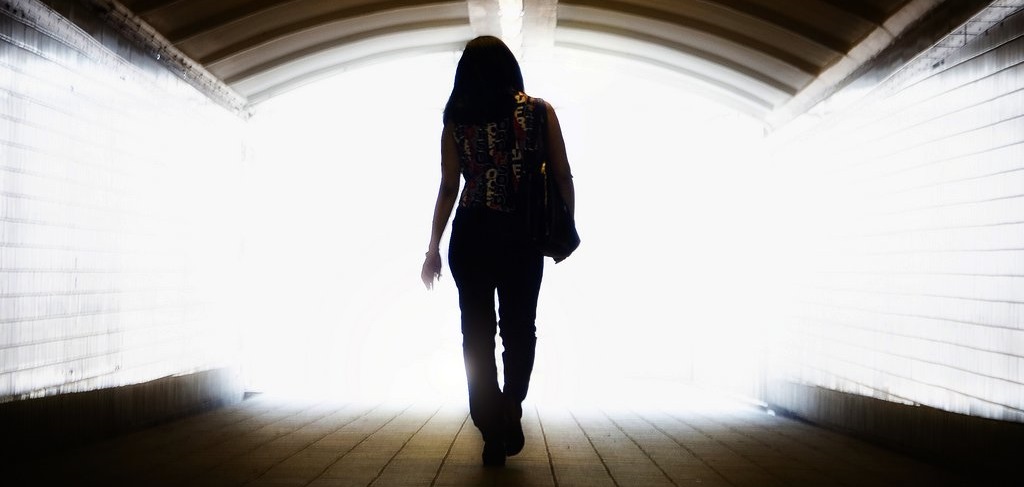I only went trick-or-treating once.
I was around five years old, and my mother made me a princess costume. It came with a medieval hat with a crocheted veil, and I remember wearing that hat for days after Halloween was over, and I kept it for years as part of my “dress up” toys. At some point it disappeared– probably donated– and even though I had outgrown dress up a long time before, a part of me mourned. Perhaps it’s because I’d only gone trick-or-treating that one night, but there was something magical about those memories.
When we moved to Iceland, our church held a “harvest festival” and I dressed up as Flower from My Little Pony– it would be the last time I’d wear a costume anywhere near October 31st. When we landed in the cultish fundamentalist church, we did everything we could to distance ourselves from Halloween; we still had some sort of harvest celebration every year, but the date always moved because it lined up with the hay and alfalfa harvest in November. There was never any candy or costumes, although we went on hayrides, navigated hay-bale obstacle courses, and there was always gigantic pots of chili and Southern corn bread.
They were some of the best times that I can remember from my church, but they still make me a little sad because it’s one more thing I wish I could have experienced growing up.
I finally got to celebrate Halloween in graduate school. I cobbled together a costume, went to a couple of parties every year. Watched a lot of zombie movies. One year I curled up under a blanket with a friend and watched Dracula for the first time– the Keanu Reeves/Gary Oldman/Winona Ryder version.
And I fell in love with Halloween. I don’t think it’s possible for me to have a favorite holiday, but Halloween is definitely up there.
I fell in love with it for a few reasons.
When I started celebrating the holiday, I started doing it without a whole lot of examination. I’d grown up being told it was evil and celebrating darkness and the occult, but I never really researched all of those claims. I found a few respectable scholars making totally conflicting arguments about the origins of the holiday, so I thought screw it and dressed up like a hippie. At first it was just to kick back and have fun on a weekend, to appreciate everyone’s costumes and eat way way too much chocolate.
But, after a while, it wasn’t just those superficial things anymore. I noticed the magic of this holiday– the magic of a child’s imagination let free to run wild, the magic of embracing the mysteries and life and death that we’ll never fully comprehend this side of the Styx and Jordan. I saw how much power all of these things have. Halloween is special because it asks us to confront things we’d probably wish didn’t exist, and to imagine and for at least one night believe that there is something bigger, something other.
I’ve been reading a lot about Samhain over the last few months, and there’s one thing that’s consistently stood out to me: the idea that Samhain functions as a sort of “thin place” from Celtic spirituality. Scholars call this liminality, or “threshold,” and while the ancient Gaelic peoples believed that Samhain was a time when spirits could touch our world more easily, there’s a similar tradition in Christianity: many Christians have believed that there are places and times where the Divine is more easily felt.
To me, Halloween is one of those times, for reasons I can’t quite articulate. Perhaps it’s because Halloween is linked to All Saint’s Day and All Soul’s Day, the period in the liturgical calender when we remember the dead and the fallen. To me, this is what makes Halloween special: there is a sacredness to remembering the dead, but Halloween allows us to remember our dead with joy. Our children, the embodiment of life and youth, dress up as ghouls and ghosts and skeletons, and every year we’re handed the irony on our front porches. Playfulness, imagination, humor– all wrapped up in a Holiday dedicated to preparing us for the dark winter ahead. Halloween asks us to face the darkness with creativity and imagination and joy.
I don’t really think there’s anything more Christian than that.


